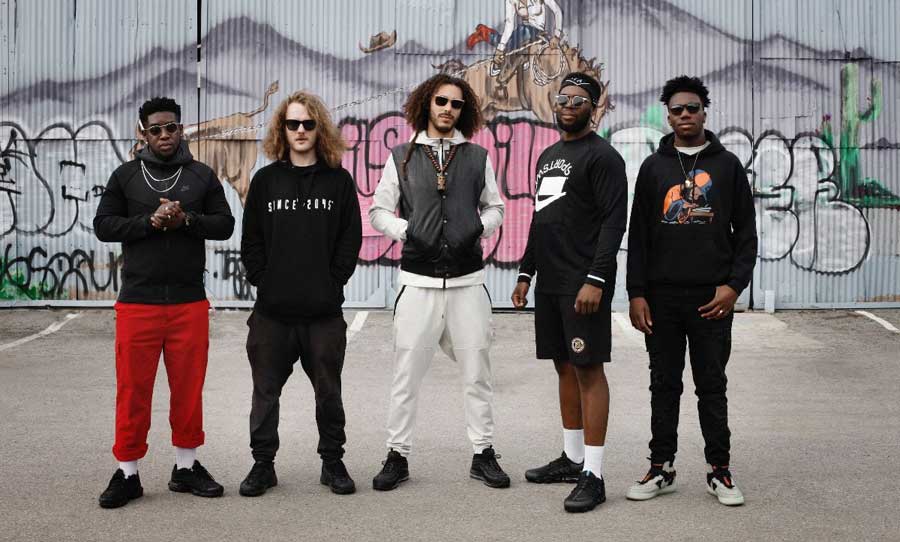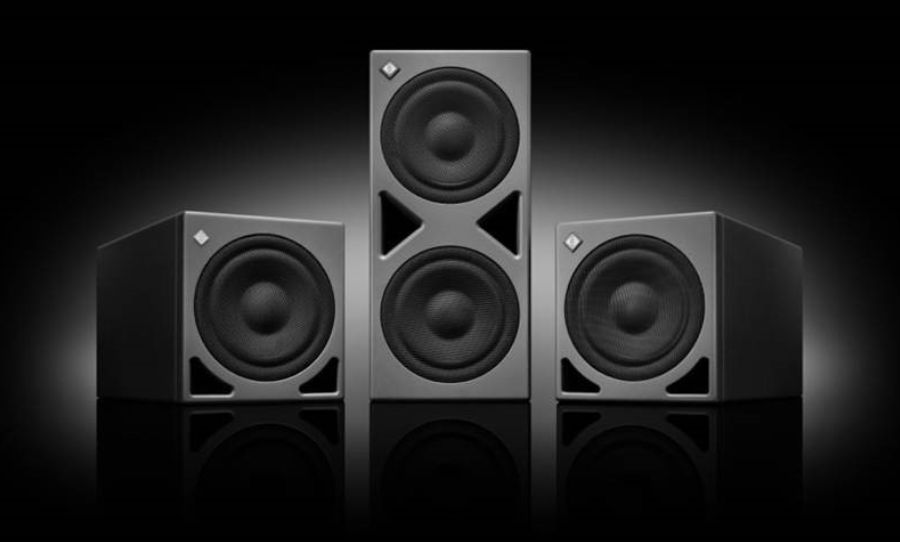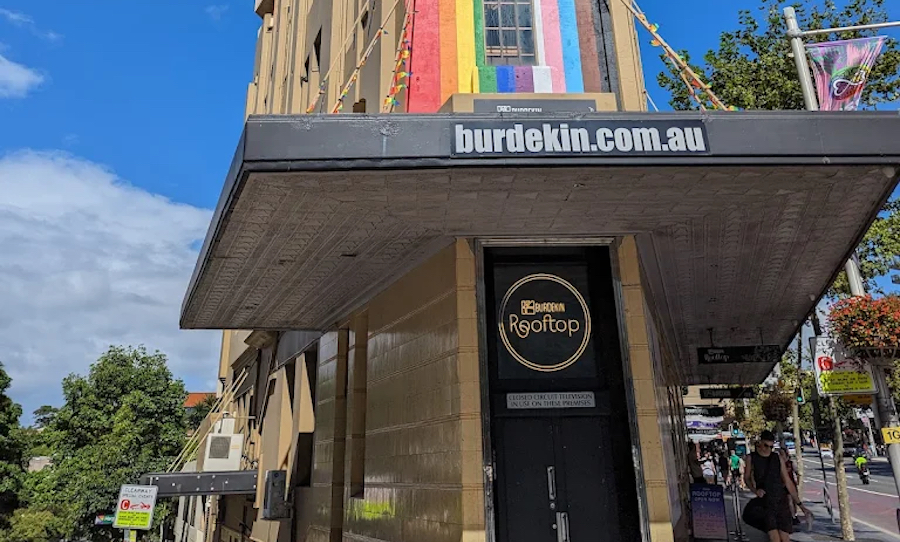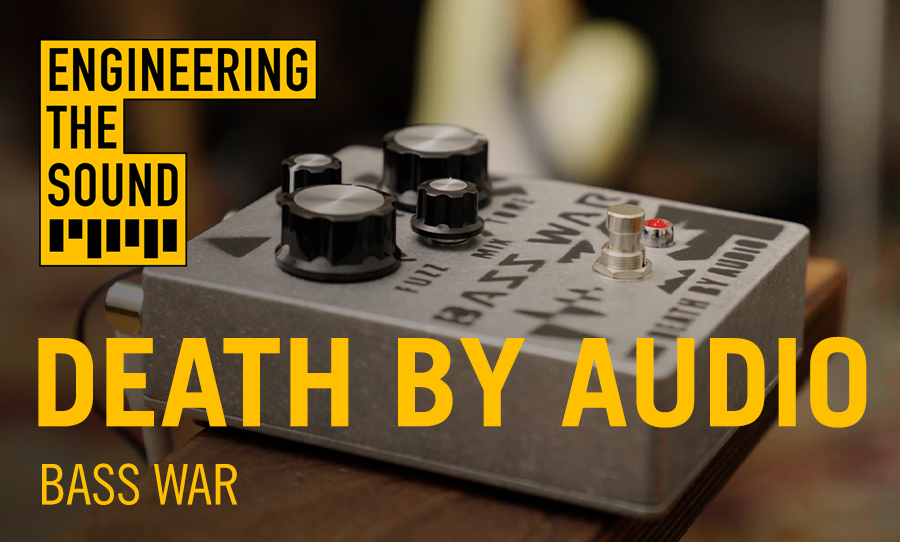With their toes dipped into scenes from all over London, soul-jazz ensemble Ezra Collective are one of the most exciting and acclaimed acts to emerge in recent years. Though for them it’s not an act, there is no performance. It’s all truth, music, and joy.
Their latest album You Can’t Steal My Joy sees the group at their frenetic, passionate best. Jumping between techno and jazz festivals without a stutter, one thing pervades their shows above all; people are dancing and the band are getting down. At the end of the day, that’s all there really needs to be. No bells and whistles. No ego. Just heartfelt musical connection.
Comprised of Femi Koleoso (also a drummer for Jorja Smith), TJ Koleoso on bass, Joe Armon-Jones on keys, Dylan Jones on trumpet, and James Mollison on saxophone, Ezra Collective are like family, and approach their music as such.
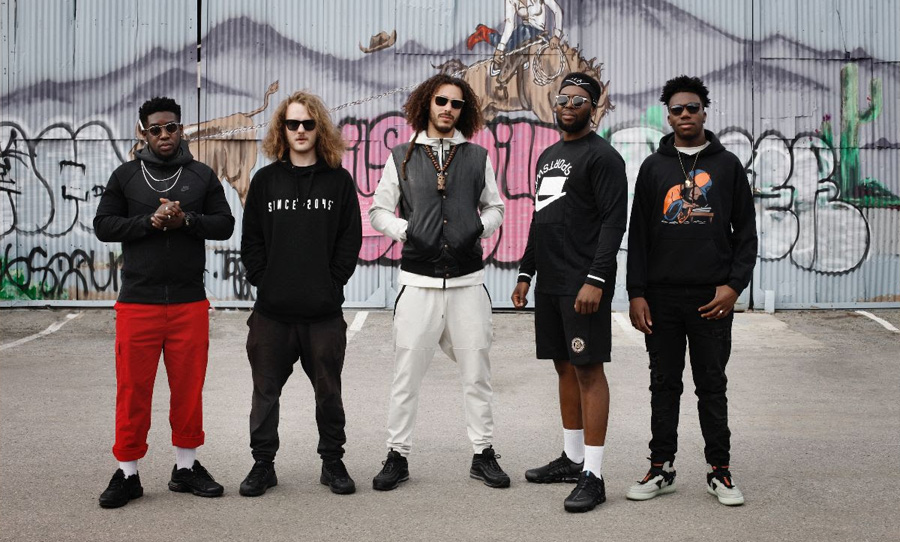
We caught up with Ezra Collective to chat about the honesty of music, working with Jorja Smith, and why stepping on stage can be like walking into battle.
HAPPY: You seem to be on the forefront of this new wave of jazz in London. What do you think primarily caused this surge for the genre?
EC: I think the surge really was down to several things, a boredom of the same things being on a pedestal. We all love DJs, but when it’s all you see on stages, instruments are as exciting as ever. I feel as though that played a part. The use of social media, openness from festival bookers, and then a huge surge of talent in the field sparked it.
HAPPY: Why has there been a particular rise in young listeners?
EC: I think the shows being so accessible, as opposed to posh jazz clubs that cost £30 a ticket, bringing the music to clubs with a £5 entry helped see young people get into. Also seeing the music played by young people is massive.
HAPPY: Has it always been a youth genre?
EC: Jazz in its origins isn’t a youth genre, nor is it an adult genre, it’s an everyone genre. And that’s what I hope for its future. I’m trying to see grandmas and toddlers all dancing to the Ezra Collective.
HAPPY: London’s jazz community seems to be very close-knit, with crossovers that include Femi on Nubya’s album, Nubya on Ezra’s record, and then other features from members of KOKOROKO and Theon Cross. What contributes to this collaborative community?
EC: I think it’s the love for each other. Everyone wanting to see each other do well. Void from rivalry or ego, I think when it’s just good vibrations at the core of things, it lends itself to an atmosphere of collaboration, advice sharing, inspiration, and so on.
HAPPY: You all met at Tomorrows Warrior’s eight years ago. How important is it to have youth music programs like these?
EC: Yeah man, most of them. The three women on the horns, Cassie, Sheila, Richie, and I met at Warrior’s. These programs are of upmost importance. Anything that puts belief and hope in young people is important. Whether it’s belief in what you can do with a pen in your hand or a saxophone, a pair of basketball shoes, or an audience in front of you. That’s how you really inspire change and a hopeful future.
HAPPY: Your second studio album, You Can’t Steal My Joy, defines you ethos of bringing happiness to those who experience it. Do you find the audience reciprocate?
EC: Yes. Definitely. Even the ones we don’t expect it from. The joy is beyond language, age, race, gender. People love joy. And it’s there for everyone if you look hard enough.
HAPPY: Where do you find crowds dance the most?
EC: Fam they all look the same when the bass line really touches the soul. [For a] time it was getting wild in places I didn’t expect it from like Russia or Singapore, I realised we have so much more in common than is often spoken about.
HAPPY: You’ve talked about taking no mercy on the stage, and modern jazz being presented as the “wolf without sheep’s clothes.” Is there a certain ferocity to jazz that you search for in your music and onstage?
EC: Yeah man. If you listen to the greats – Blakey, Mingus, Dizzy – there’s an honestly to jazz that brings forward a fury. And rightly so. This music is about the moment. Some things make you happy, some angry, Love Supreme was written in 1960s USA. You need to be able to hear that. Ezra are 2010s/20s UK. You need to hear that also.
HAPPY: Beyond being blood brothers in the band, you all seem to be family, even down to the album collaborators. How do aspiring artists form bonds like these?
EC: By being honest. The accolades received when mixing with big names feel great, but a realer and deeper feeling is mixing with people that are truly friends and close to you. Those features you are talking about, Loyle Carner and Jorja Smith, they’ve rolled to Ezra shows, we’ve rolled to theirs. Didn’t need a manager or something to contact them, just call up and be like “let’s chill” that’s the vibe.
HAPPY: Themes of deep thinking run throughout your work with your debut album titled Juan: The Philosopher, and a sequel Philosopher II appearing in the new album. Is there a philosopher amongst you?
EC: Philosopher comes from the Ancient Greek word ‘philosophos’ which means ‘lover of wisdom.’ When you listen to John Coltrane or Sun Ra, read books from greats such as Maya Angelo or Toni Morrison, go see Kendrick Lamar or Skepta live, I think these things are testament to loving wisdom. Loving greatness. Which is beyond Ezra. I think it’s all in us at some capacity. How deep was that? I’m defo a philosopher.
HAPPY: What’s coming up in 2020 for Ezra Collective?
EC: Make the absolute most of every opportunity that comes our way. Whether that’s in the studio, on stage, at home or away. Interesting vibrations as a performer right now. Coachella just got postponed, already three Ezra shows this year have been cancelled. Just re-emphasises some things for me, live in the moment. Enjoy the present. Hopeful for the future. But not letting us steal your joy, vibes, or dreams.
Catch Ezra Collective live in Sydney tonight:
Thu 12 Mar – Oxford Art Factory, Sydney – Tickets
